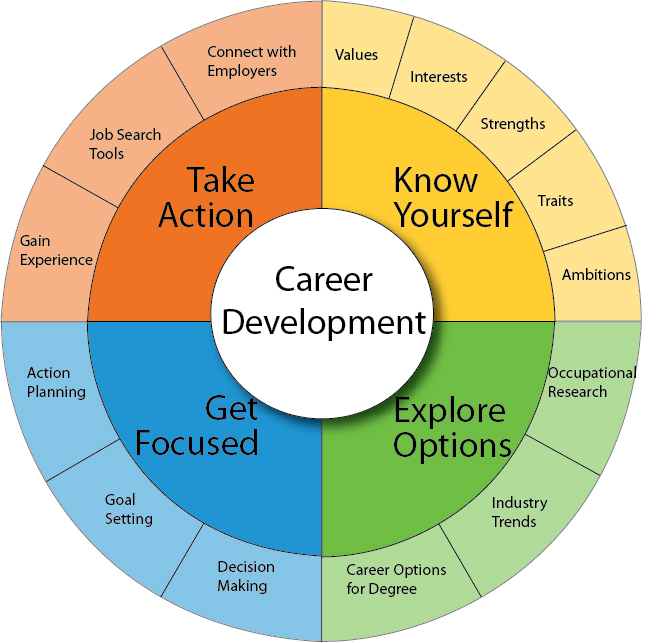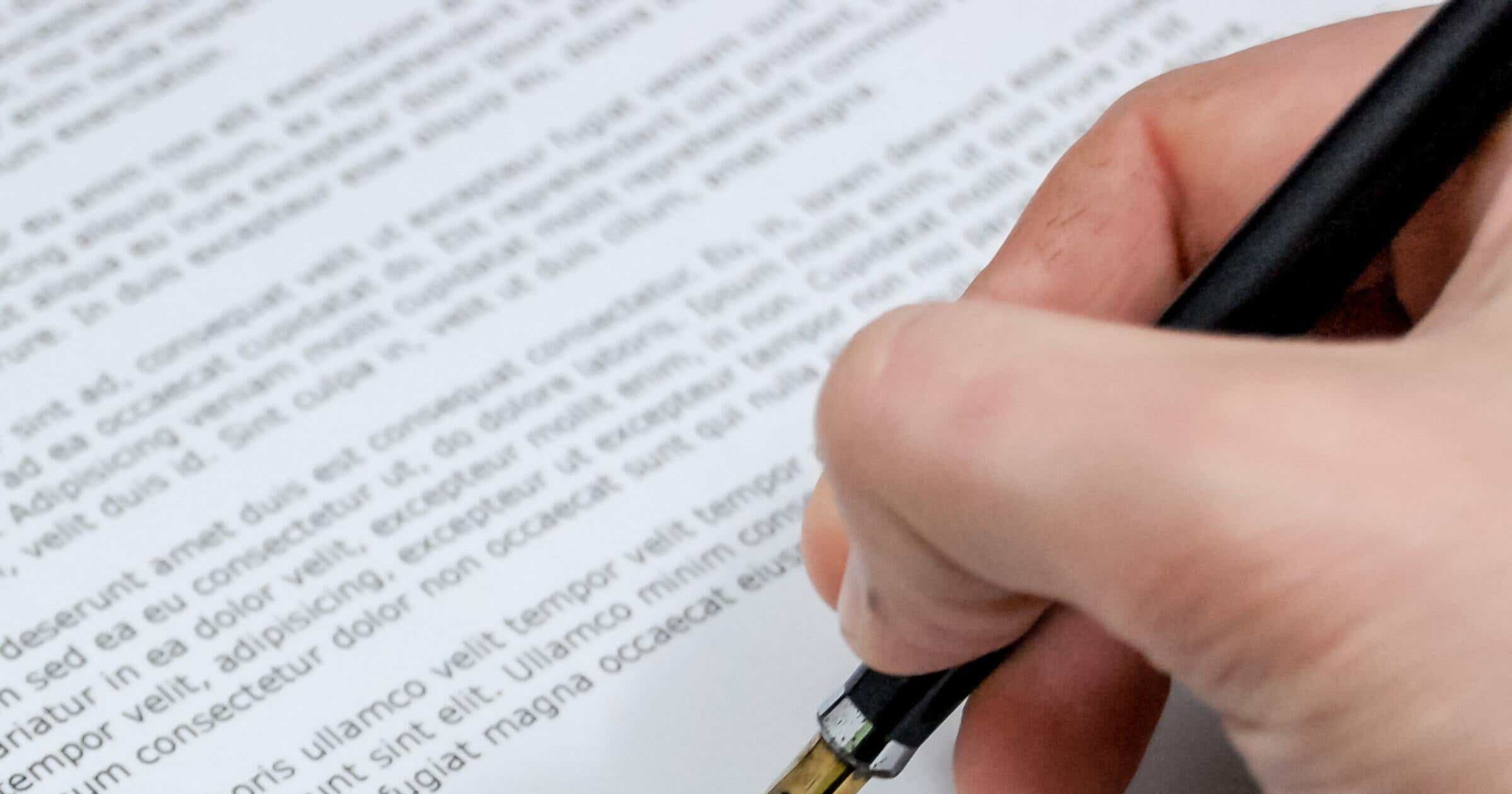
When deciding on a career you want, take the time and reflect on your personality, interests, values, and preferences. Once you've done that, you should try to make a mini-list of careers that you think you'd enjoy, and then narrow down your list by conducting informational interviews. Avoid careers with a lot of downsides or that are not in line with your desired outcome.
Assessment of your values and interests
When choosing a career, the first step is to identify your interests, values, and personality. By doing this, you'll have a better idea of what you're good at and what you value most. You can also use your interests to determine the tasks that you find most rewarding.
There are many tools that can help you identify your interests and find the right occupations for you. Some are useful, such as interest inventories. These tools are not necessarily a complete indicator but can be used to help identify the best career options.

You can create a mini-list to help you choose the career you want.
It can help you narrow down your options before choosing a career. This can help you narrow down your options by eliminating occupations you don't want to pursue or that have duties you don't like. You should also eliminate any occupations that offer poor job prospects, or require you to have training or education.
Once you've narrowed down your choices you can start to look at your values, and your preferences. Do you value financial security? If so, you might consider a career with flexible hours and high pay. Are you interested in work-life integration? You might be unsure of your personality type. If you have a strong work ethic, and are willing to take on responsibility, you may be interested in a job that requires leading others.
Informational interviews are a great way to narrow down your choices
Informational interviews provide a great way of learning more about a certain industry or role. While they do not always lead to a job, they can be invaluable tools in narrowing down your career options. It is important to prepare a list of questions for informational interviews. Also, you should arrive 15 minutes early to the interview. Make sure to bring a pen, paper and a list of questions. It is important to ask as many questions and to try to learn as much as possible about the person's career path and future plans.
If you know the person you are interviewing, prepare thoughtful questions for them. Although you might feel awkward at first, it is possible to improve with practice. You will feel more confident answering questions that are deeper into the subject by preparing ahead.

Avoiding career options with unusually large downsides
If you have to make a career decision, it is wise to look at all possible options. If the downsides of a career seem too big, you should likely eliminate it. Plan Z careers are not likely to have an impact on the future.